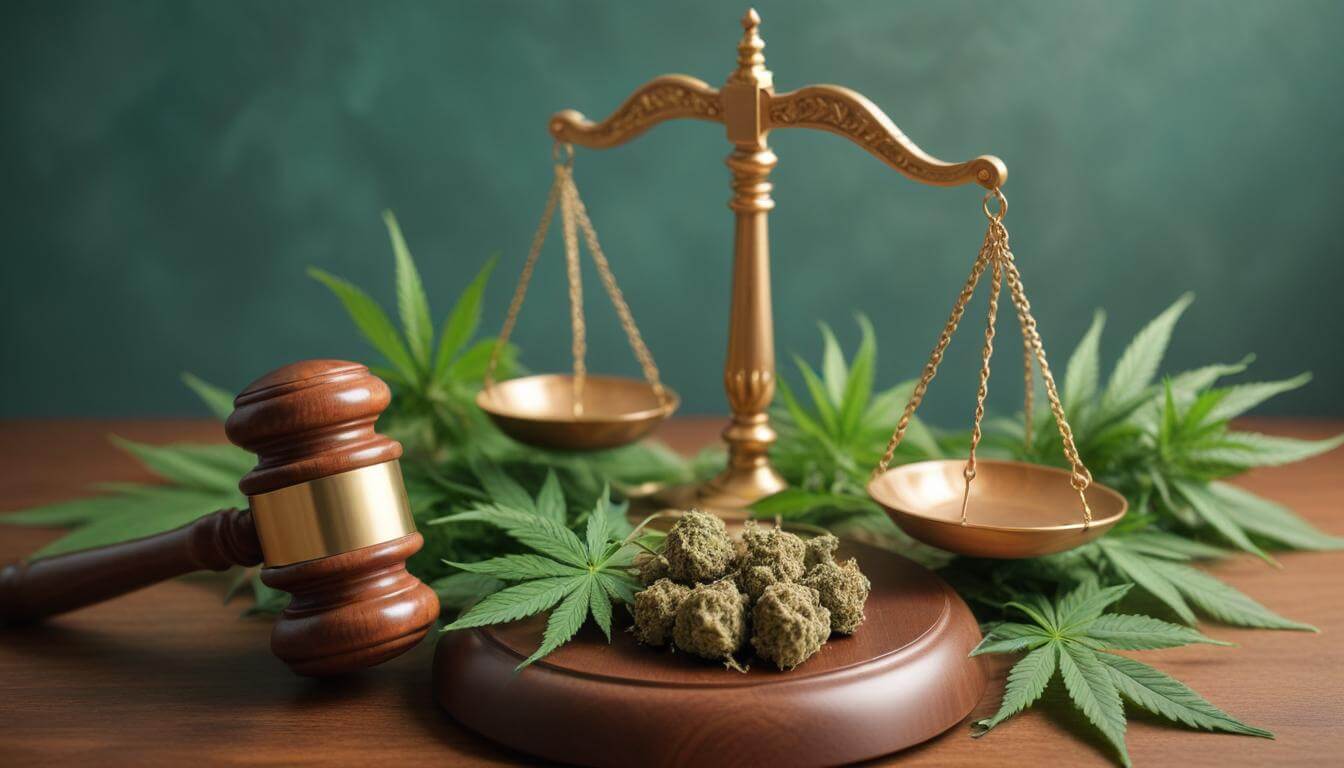Stiiizy, a well-known brand in the cannabis industry, is currently facing a significant legal battle. The company has been accused of producing delta-8 THC products that allegedly contain more than the legally permitted amount of THC. This particular lawsuit has raised questions about the standards and regulations governing hemp-based vaporizers and other similar products. This article will delve into the core aspects of this legal issue, Stiiizy’s defense, and the broader implications for the industry.
The allegations against Stiiizy
In April, two Midwest consumers filed a lawsuit against Stiiizy in the Southern District Court of Illinois. They alleged that some of Stiiizy’s delta-8 THC products contained over 0.3% THC, exceeding the limit set by federal law. According to the plaintiffs, lab tests conducted on Stiiizy’s products supported these claims.
The lawsuit hinges on asserting that Stiiizy violated the 2018 U.S. Farm Bill. This bill allows for the commercial production and sale of cannabis products, provided they contain no more than 0.3% THC. The plaintiffs argue that Stiiizy’s products exceed this legal threshold, thus constituting an illegal product under federal regulations.
Stiiizy’s defense strategy
On June 6, Stiiizy responded to the accusations with a court filing contesting the validity of the plaintiffs’ arguments. Stiiizy contends that the plaintiffs have not demonstrated any injury stemming from using the company’s products. Furthermore, it was pointed out that the specific Stiiizy product implicated in the lawsuit had not been directly tested by the plaintiffs.
Stiiizy also criticized the methodology used to test their products. According to Stiiizy, the lab tests cited by the plaintiffs were performed on a different Stiiizy-branded item and not on the final liquid content of the vaporizer product as required by federal regulations. The difference in testing subjects could invalidate the claim that their products exceeded the THC limit.
Understanding the 2018 U.S. Farm Bill
Passed as part of broader efforts to regulate the hemp industry, the 2018 U.S. Farm Bill plays a crucial role in this case. It distinguishes between marijuana and hemp, stipulating that hemp may be grown and sold if it contains less than 0.3% THC. This legislation opened new avenues for the hemp market and imposed strict compliance requirements on producers.
The Farm Bill aims to foster innovation within the hemp sector while ensuring consumer safety. However, its stringent THC limits create a complex regulatory environment for companies like Stiiizy. Adherence to these regulations involves consistent testing and validation of product contents at various stages of production, particularly before harvest.
Broader consequences for Stiiizy
The Illinois case is just one among several legal battles faced by Stiiizy. The company has encountered other issues related to compliance with state and federal laws regulating cannabis products. Each case potentially complicates Stiiizy’s operations and can have broader repercussions throughout the industry.
Continuous involvement in legal disputes can tarnish a company’s image. For Stiiizy, being embroiled in lawsuits over product content raises questions about the reliability and integrity of their offerings. Such controversies are particularly damaging in the evolving and competitive market landscape of cannabis products.
Industry perspective on compliance and regulation
Maintaining compliance with regulations like those outlined in the Farm Bill presents numerous challenges for cannabis manufacturers. Accurate testing, detailed record-keeping, and transparent communication with regulators are all critical components of maintaining lawful operations. Failure to meet these standards can result in severe penalties and loss of market trust.
Regulatory frameworks are evolving alongside the growth of the cannabis industry. Companies must continuously adapt to changes in laws and ensure they remain compliant. For consumers, these regulations serve as valuable safeguards, ensuring the safety and standardization of available products.
Final thoughts
The legal confrontations involving Stiiizy underline the complexities inherent in the cannabis industry, especially regarding compliance with federal and state regulations. As the market continues to expand, maintaining transparency and adhering to legal standards is vital for ensuring long-term success and consumer protection. Stiiizy’s current legal predicament serves as a reminder of the importance of vigilant regulatory adherence in the rapidly growing world of hemp-based products.





